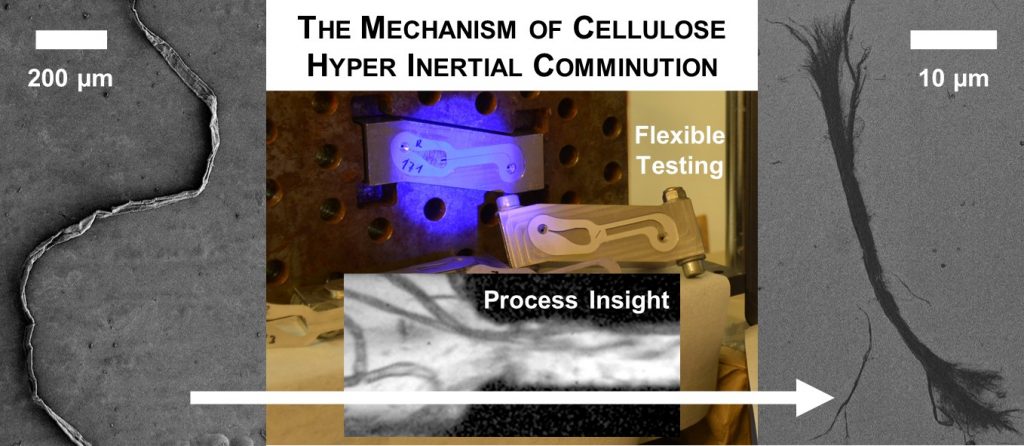Processability of modified fibres for complex shaped parts
There is a drive towards the use of single-component materials in different applications, for example in opening and closure of packaging products and in single use plastics (SUP). This opens up the possible use of cellulose-based products, but increases the demand for new modification strategies for fibres. Modifications aiming at improving their processability and final […]
Processability of modified fibres for complex shaped parts Läs mer »



